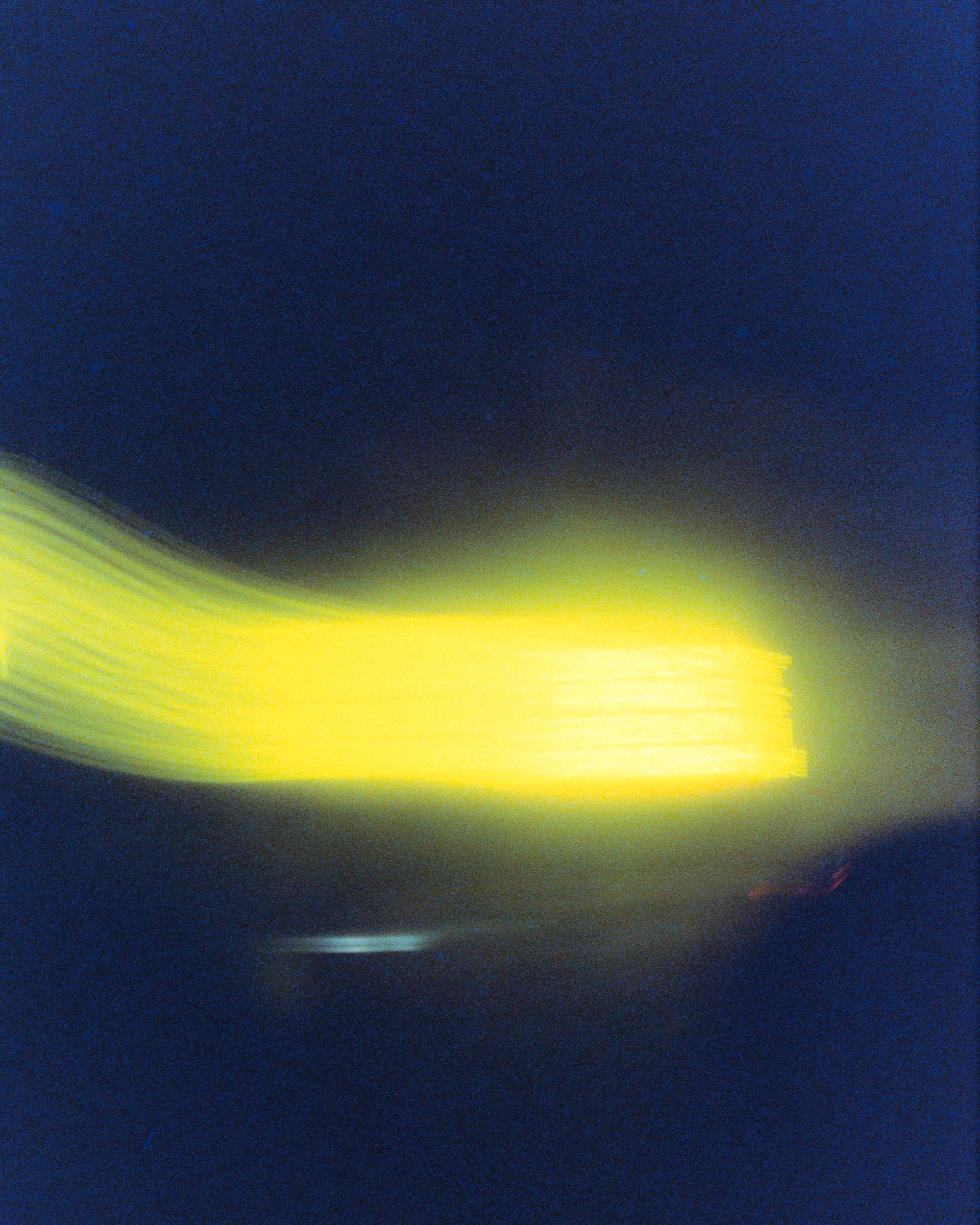Monthly update on human rights & tech: September 2023
- 06 september 2023
The umpteenth social media monitoring fail, Meta ordered to hand over user information, and storm Poly teaches government a lesson about social media: a quick read through the most interesting developments at the intersection of human rights and technology from the Netherlands. This is the sixth in a series.
Royal Netherlands Marechaussee uses social media monitoring to intimidate climate protesters
Over the summer, 176 people received a letter from the Public Prosecution Service about an Extinction Rebellion demonstration at Schiphol Airport they supposedly attended. In the letter, the prosecution's office warns people against future participation in climate protests, saying next time it will press charges.
In a surprising twist, it turned out some of the people who received the letter were nowhere near Schiphol Airport on the day in question. One of those people, Kirsten Verdel, decided to investigate. She found out that the Marechaussee had cross-referenced pictures taken during the protest with "open sources" such as Facebook and Twitter in order to identify protestors. They focused on Extinction Rebellion's Facebook page and eventually came across Verdel's account. Verdel was told she'd have to prove she wasn't at Schiphol, which she did. She was subsequently informed that she would remain in the Marechaussee's database, since she might not have attended the protest, but she was, unmistakably, now, "involved".
Members of Parliament put questions to the Minister of Justice and Security about how the investigation into protesters was conducted, about the use of facial recognition technology, and about how people's data was processed.
To be honest, we're not expecting much from the Minister, who recently admitted that an undisclosed number of people have been wrongfully placed on a secret terrorism watch list, and that it's up to those people to see to it that they are taken off. Muslim Rights Watch Netherlands suspects hundreds of innocent people feature on this list. Among them could well be the Dutch man currently being held in a Spanish prison because of supposedly forming a threat to national security. The man's lawyers have received no support from the Dutch government.
An air raid siren; quick, create a Twitter-account!
Meta forced to hand over user's account information
A Dutch Facebook user accused a man of mistreating and secretly recording women, posting pictures of the man and screenshots of chat messages. The man asked for an injunction against Meta, in order to force the company to take down the posts and reveal who the user is.
The court ruled that Meta doesn't have to take down the posts, but does have to hand over the user's phone number, IP-address and e-mail address to the man. The court found that the man's interests outweigh the Facebook user's right to privacy due to the severity of the allegations, and the inclusion of pictures of the man, among others. Meta won't be appealing the decision.
Government shares vital information about storm Poly... with Twitter users
When Storm Poly hit the Netherlands, a 'code red' weather alert urged people to stay indoors. Millions of people received messages on their phone warning them about the severe weather conditions. In one province, the message referred people to Twitter for more information. Twitter? Of all the ways government has to communicate, we're relying on Twitter to disseminate vital information? To make matters worse, Twitter had just introduced new "functionality": tweets are only visible to people with a Twitter account.
Of course it should never be the case that notices from the government can only be accessed through a surveillance-driven platform such as Twitter (or X). But especially so in the case of an emergency. An air raid siren; quick, create a Twitter-account!
We alerted local government to the difficulties many people would have accessing this information, and luckily they quickly started communicating through an official government website. But this should never have happened in the first place. Parliament agreed: in response to the events, she unanimously passed a motion ensuring the accessibility of government information. And establishing that in emergency situations government cannot solely rely on social media to disseminate information. We couldn't have said it better ourselves.
And finally...
We're seeing more and more face recognition in soccer stadiums, e-bike company Van Moof went bankrupt (and provided a great opportunity to talk about vendor lock-in), and after 18 months the Dutch government fell. New elections are planned for November 22nd.
Receive this update in your inbox
Want to receive a heads-up when another monthly update is published? Leave your e-mail address behind and we’ll drop you a line whenever a new update becomes available. We'll not use your e-mail address for any other purposes.

